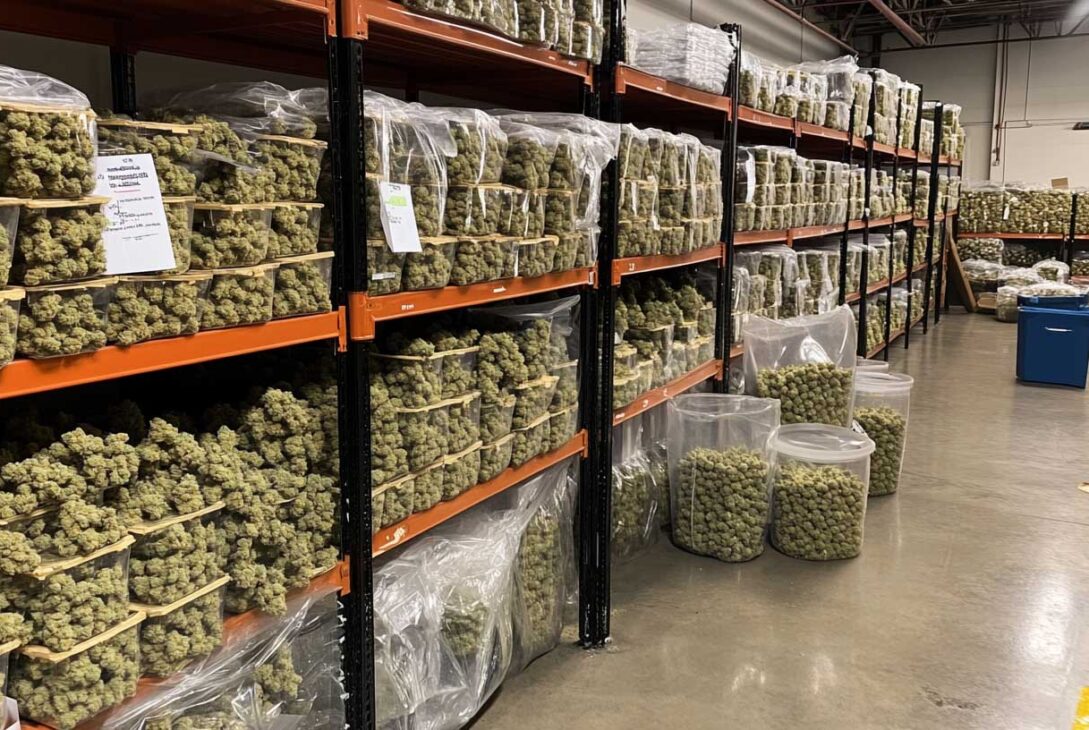Understanding the Legal Status of Delta 9 THC in Texas
In recent years, the dialogue around cannabis has expanded significantly, particularly as various states reassess their laws regarding cannabinoids, especially Delta 9 THC. Texas, known for its vast landscapes and independent spirit, has its own unique stance when it comes to cannabis legality. Understanding the legal status of Delta 9 THC in Texas is essential for both consumers and businesses navigating this evolving landscape. In this guide, we will explore the complexities of Delta 9 THC regulations, the implications of these laws, and what the future may hold.
Current Legal Status of Delta 9 THC in Texas
Delta 9 THC, the compound responsible for the “high” typically associated with marijuana use, has differing legal implications based on its source. Here’s a closer look at how this is structured under Texas law.
Federal vs. State Law
The legal status of Delta 9 THC begins with the 2018 Federal Farm Bill, which legalized hemp and hemp-derived products containing less than 0.3% Delta 9 THC by dry weight. This established a framework enabling the legal sale and use of hemp-derived Delta 9 THC products throughout the United States, including Texas.
However, law at the state level often presents a different story. In Texas, Delta 9 THC derived from marijuana remains classified as a controlled substance, thus making it illegal for recreational use. This legal restriction means that while hemp-derived products can thrive, marijuana-derived products face stringent limitations.
State Regulations
In Texas, there is a legal pathway for medical use of cannabis under the Texas Compassionate Use Program (TCUP). This program permits qualified patients with certain qualifying conditions—like epilepsy, multiple sclerosis, and terminal cancer—to obtain low-THC cannabis (less than 1% THC). Although this provides a glimmer of hope for those seeking relief, it also highlights the disparity between recreational and medical cannabis access in the state.
Hemp-Derived Delta 9 THC
One of the most critical points regarding Delta 9 THC in Texas is the distinction between hemp-derived and marijuana-derived products. Hemp-derived Delta 9 THC products are entirely legal, provided they do not exceed the 0.3% THC threshold. This allows businesses to create a range of products—from edibles to tinctures—while remaining compliant with the law.
Legal Nuances and Challenges
Understanding the legal status of Delta 9 THC in Texas is further complicated by ongoing court cases and regulatory challenges.
Ambiguities and Court Cases
The ongoing legal battles concerning Delta 8 THC—a close derivative of Delta 9 THC—have cast a shadow over the cannabis landscape in Texas. Although federal law permits Delta 8 THC derived from hemp, the Texas Department of State Health Services (DSHS) has proposed classifying it as a Schedule I controlled substance, akin to marijuana. This has led to court proceedings that underscore the complexity of cannabis regulations in the state. So far, courts have provided temporary allowances for Delta 8 products to remain on the market, revealing a legal environment laden with uncertainty.
Future Legislative Changes
Texas isn’t standing still in its approach to cannabis. Various legislative efforts are on the table, aimed at reforming cannabis laws and potentially impacting the standing of Delta 9 THC. For example, House Bill 1208, introduced by Rep. Jessica González, seeks to legalize recreational marijuana and allows adults aged 21 and older to possess up to 2.5 ounces of marijuana. This bill, along with other proposals aimed at expanding the TCUP, suggests that meaningful changes may be on the horizon.
Practical Implications for Consumers and Businesses
Navigating the legal waters surrounding Delta 9 THC in Texas requires understanding both consumer rights and business responsibilities.
Consumer Guidelines
For consumers interested in Delta 9 THC products, here are some essential practices to keep in mind:
- Check Product Labels: Make sure any oils, edibles, or other products are sourced from reputable suppliers and clearly labeled. Products should be derived from hemp and contain less than 0.3% Delta 9 THC.
- Consult Healthcare Professionals: If considering medical cannabis, it is advisable to consult with a physician who is knowledgeable and registered under the TCUP. This ensures that all medical protocols and prescriptions are followed correctly.
Business Compliance
For businesses looking to enter the Texas cannabis market, strict adherence to regulations is paramount:
- Adhere to THC Limits: Ensure products remain below the 0.3% THC limit to avoid legal complications.
- Follow Packaging and Labeling Requirements: Compliance with state guidelines on packaging and labeling helps build consumer trust and avoids unnecessary scrutiny.
- Stay Abreast of Licensing Regulations: Ensure that businesses are complying with all requirements set by the Texas Department of Licensing and Regulation in order to operate within the legal framework.
Conclusion
The legal status of Delta 9 THC in Texas illustrates a complex interplay between federal and state regulations. While hemp-derived Delta 9 THC products are legal under specific conditions, marijuana-derived THC remains tightly restricted. As legislative trends indicate a shift towards more progressive cannabis laws, it’s crucial for consumers and businesses alike to stay informed.
By understanding these guidelines:
- Verify that any Delta 9 THC products are hemp-derived and compliant with THC concentration limits.
- Consult with healthcare providers for appropriate medical cannabis use.
- Keep informed about legislative changes that might affect Delta 9 THC’s legal status in the state.
- Ensure all business operations comply with applicable state and federal regulations.
Remaining well-informed about the legal landscape of Delta 9 THC in Texas enables individuals and businesses to navigate the changing market successfully. The journey ahead may be fraught with challenges, but it also harbors the potential for growth and development within the cannabis industry.
For the latest insights and tips on cannabis regulations, including Delta 9 THC in Texas, it’s beneficial to stay connected to reliable sources that can provide timely information as changes unfold. Staying engaged will ensure you are prepared to adapt to whatever the future of cannabis may hold in the Lone Star State.




















